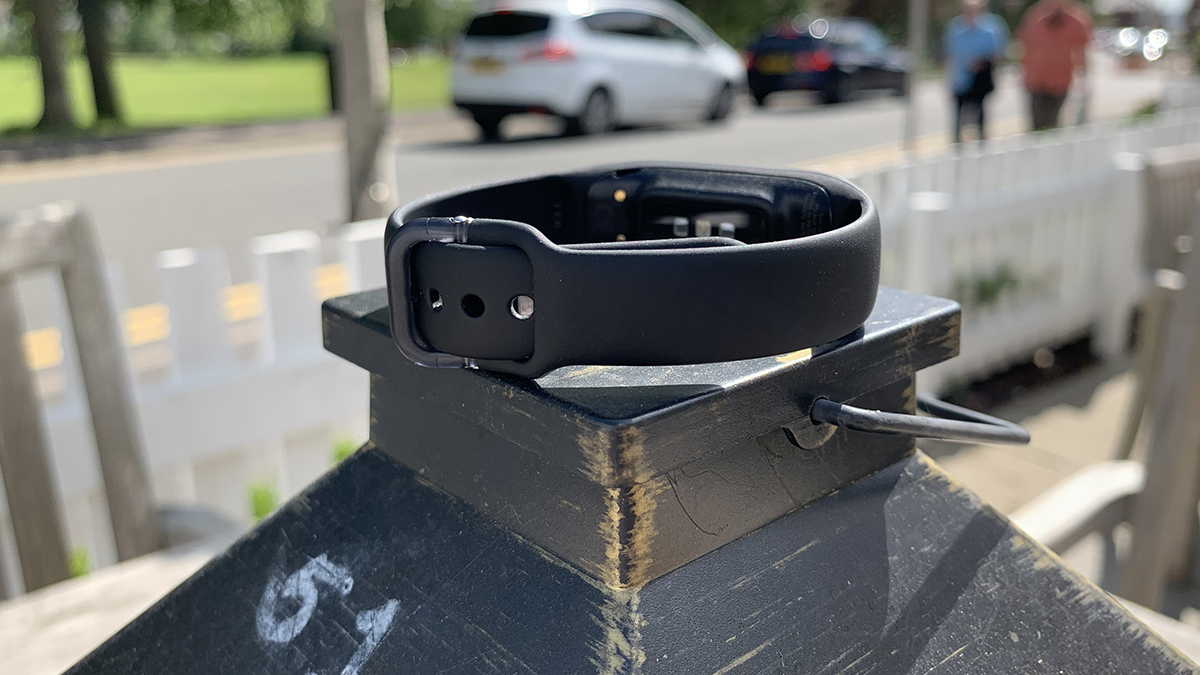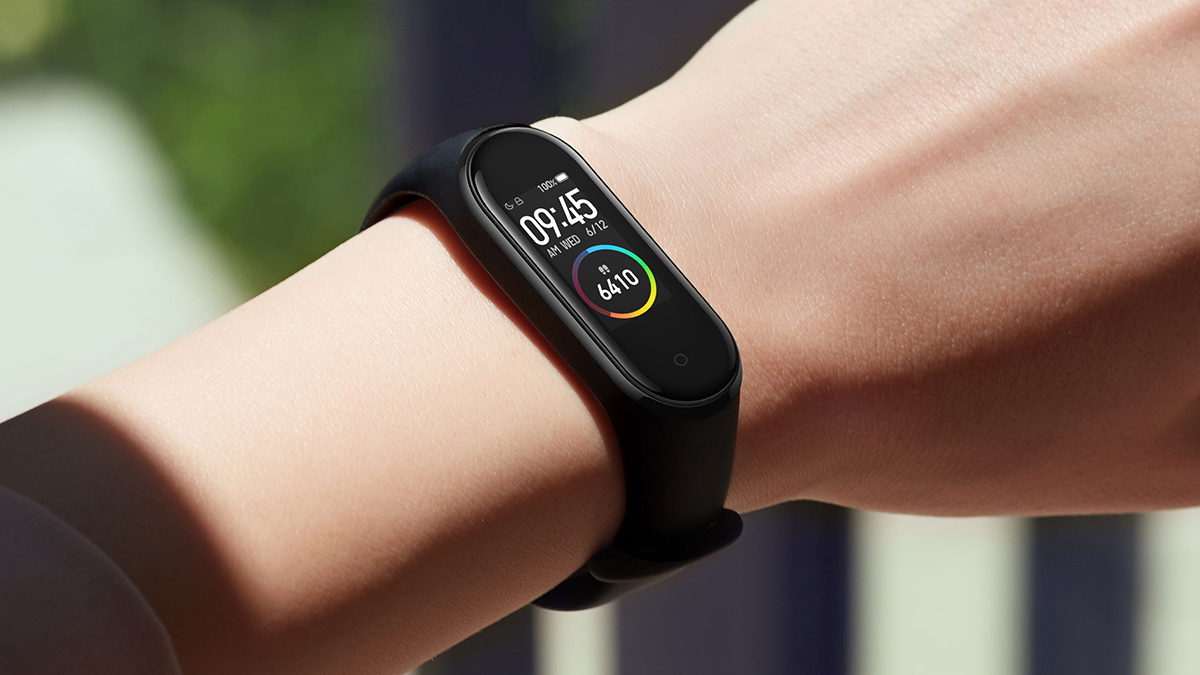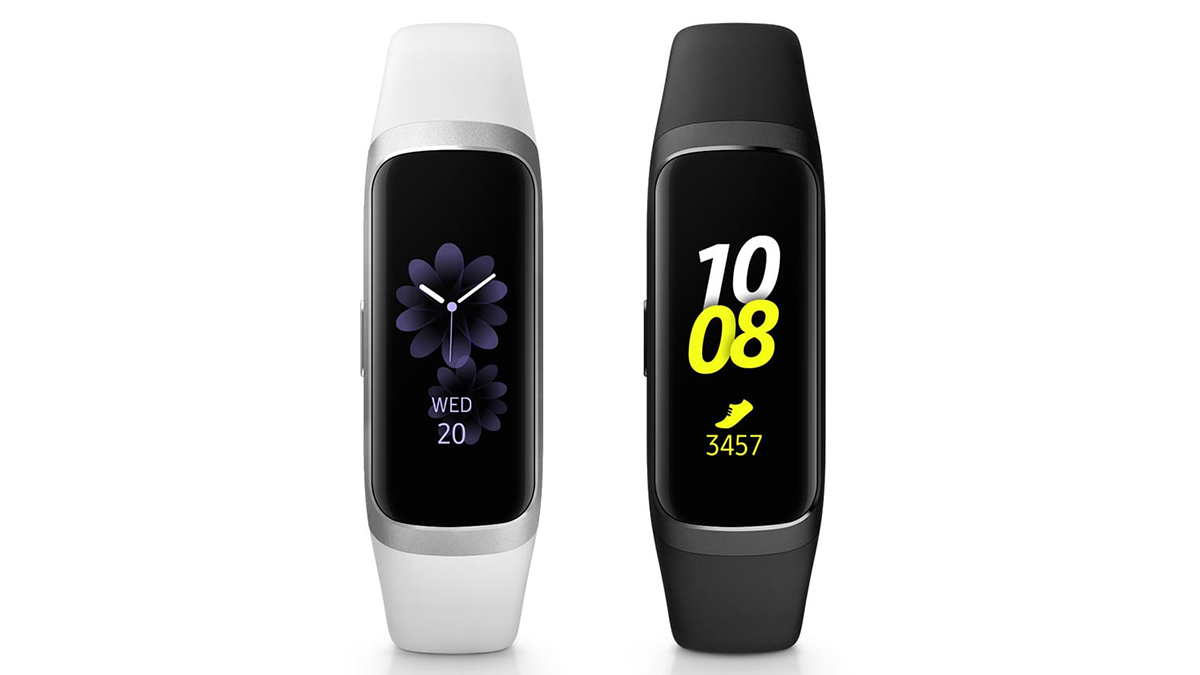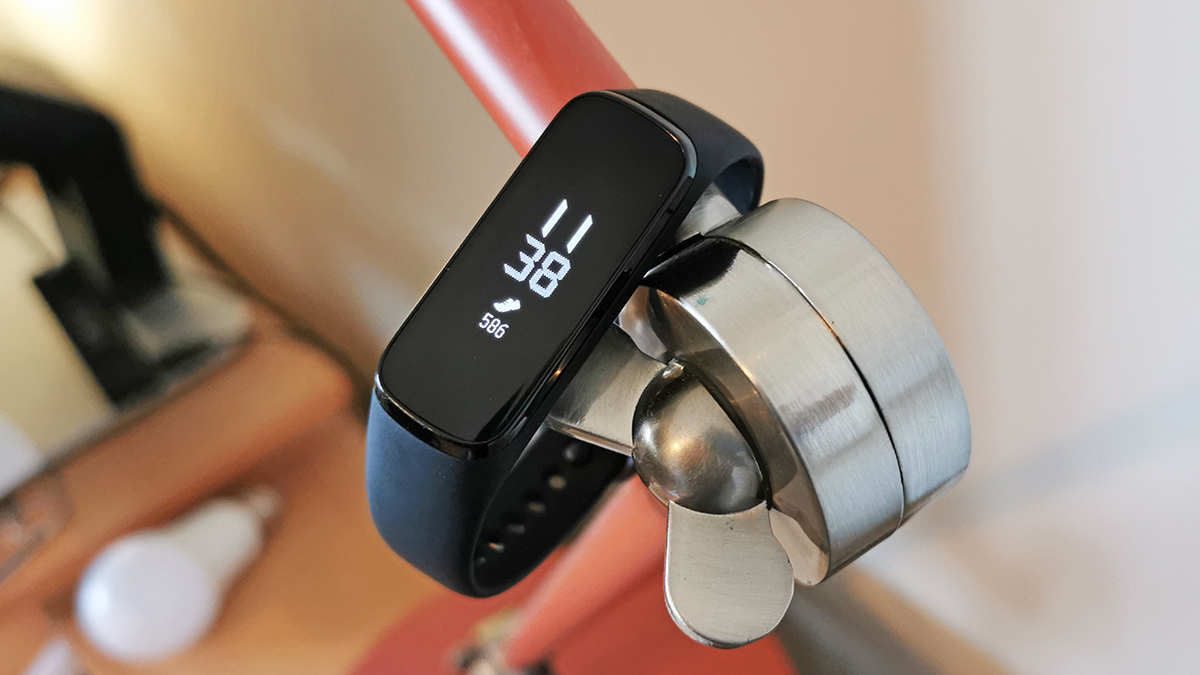Why you can trust TechRadar
Verdict

The Samsung Galaxy Fit e is a very good fitness tracker, and at just £35 something of a steal. There are wearables that offer similar functions for less, but you get an awful lot here for your money.
The apps are polished, the feature set is extensive, and to top it all off the tracker itself isn't an eyesore either. Unless you're seriously into your fitness, the step tracking, heart rate measuring, and sleep monitoring capabilities of the Galaxy Fit e will do you just fine, and it takes accurate readings too, as far as we can tell.
We were reluctant to give up the Samsung Galaxy Fit e at the end of the loan period, which is always a good sign whenever we're testing hardware. You can quibble that it doesn't do as much as some of the Fitbits or a smartwatch, but then you come back to the price.
Who's this for?
If you want decent fitness tracking at a very affordable price, then the Galaxy Fit e is going to appeal: like we said at the start, why would you pay more, really? Considering you're locked into Samsung Health for your stats and tracking though, this is going to work best if you already own a Samsung phone.
Those of you with more money to spend, a need for more advanced features, or an iPhone of any description, might want to look elsewhere. That said, most budget fitness trackers come with their own bespoke software, so if you're going to shop at this sort of price point, Samsung is by no means the worst out there from an app and ecosystem perspective.
Should you buy it?
If you're after a cheap fitness tracker that covers a lot of bases and comes from a brand name you can trust, it's hard to think of a reason why you wouldn't go for the Samsung Galaxy Fit e.
It's certainly given the likes of Xiaomi and other manufacturers churning out cheap fitness bands something to think about.
Sign up for breaking news, reviews, opinion, top tech deals, and more.
It's not quite as appealing for people who don't have a Samsung Galaxy phone, but it'll work well enough whatever your handset.
First reviewed: July 2019
The competition
Maybe you don't like the look of the Samsung Galaxy Fit e – what are your other options? Here are some other fitness trackers you might want to consider.
Xiaomi Mi Band 4

Good old Xiaomi – decent fitness trackers at rock bottom prices. The Xiaomi Mi Band 4 is the latest of the bunch, yours for £34.99 (about $44 / AU$63) when it appears in the UK later this year (no word yet on a launch in the US or Australia).
Unlike the Samsung Galaxy Fit e it has a full color display, and it's promising 20 days between charges too. It's the successor to the not-bad-at-all Xiaomi Mi Band 3. We've yet to fully review the new tracker, but it's undeniably the main competition for Samsung's Galaxy Fit e.
Samsung Galaxy Fit

Maybe you shouldn't go right down to the lowest price point with the Galaxy Fit e, and go with the Samsung Galaxy Fit instead? You get a color screen, wireless charging, more activity tracking options (thanks to the addition of a gyroscope), and you'll need to pay about £55 extra.
Unlike the Galaxy Fit e, the standard Galaxy Fit is available in the US, yours for $99.99. As yet there's no availability or pricing news for Australia.
Fitbit Inspire HR

The cheapest tracker from the biggest name in the business is currently the Fitbit Inspire HR, yours for $99.95 / £89.99 / AU$179.95 with heart rate tracking.
That's more than double the price, but you do get a more polished app experience and a few extra features (more customization, a touchscreen, better fitness metrics). Which is the best deal for you really depends on what you need from your fitness tracker.
Image Credit: TechRadar

Dave is a freelance tech journalist who has been writing about gadgets, apps and the web for more than two decades. Based out of Stockport, England, on TechRadar you'll find him covering news, features and reviews, particularly for phones, tablets and wearables. Working to ensure our breaking news coverage is the best in the business over weekends, David also has bylines at Gizmodo, T3, PopSci and a few other places besides, as well as being many years editing the likes of PC Explorer and The Hardware Handbook.
